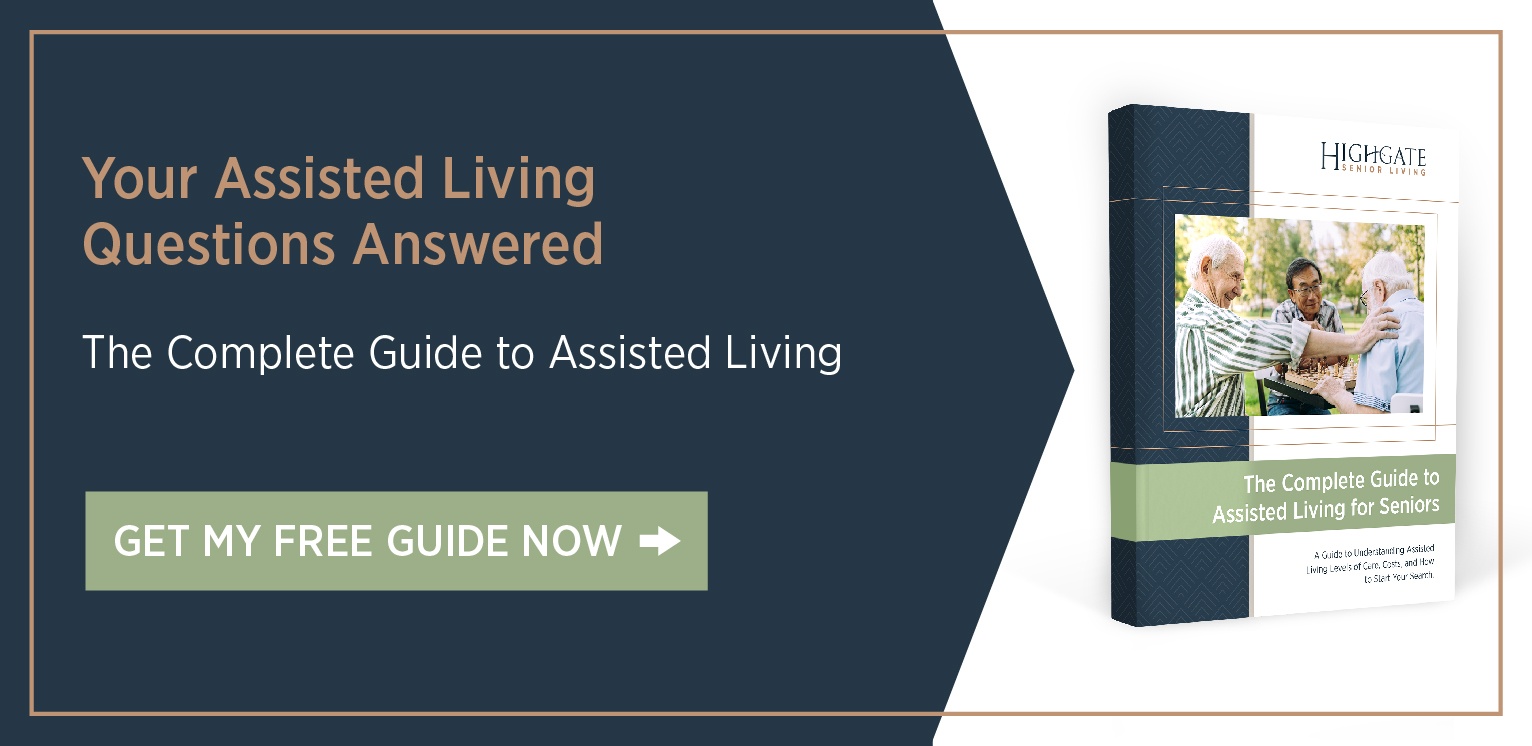 When mom and dad start struggling to care for themselves, you’ll be faced with an onslaught of decisions, beyond senior assisted living options. It can be difficult to navigate, especially when you’re under the stress of a loved one’s deteriorating health and the need for a quick decision. That’s why it’s best to do some research in advance, so if or when the day comes that they need more support than you can offer, you’re prepared.
When mom and dad start struggling to care for themselves, you’ll be faced with an onslaught of decisions, beyond senior assisted living options. It can be difficult to navigate, especially when you’re under the stress of a loved one’s deteriorating health and the need for a quick decision. That’s why it’s best to do some research in advance, so if or when the day comes that they need more support than you can offer, you’re prepared.
Start your research online. Investigating their senior assisted living options is a good place to start, but it’s only one configuration of care. Here is a brief description of some of the other options of which you should be aware.
Family Care
When your parents or loved one reach a point where they can no longer handle their everyday tasks and care on their own, many families opt to care for them in their own. Having mom and dad move in can be very fulfilling, and it may contribute to family bonding. But bear in mind that it likely requires some changes, including retrofitting your home for senior safety — ramps, grab bars, call buttons and more.
Home Care
Alternatively, they can remain in their own home, and hire home healthcare aids to come as often or as infrequently as needed, whether a few hours a week, or daily. Again, this may mean some changes to their setup to help make their home navigable for their special needs. It bears the benefit, however, of keeping them in a familiar and comforting space, while allowing them to receive assistance with tasks of daily living like bathing, dressing, using the bathroom and eating, as well as some moderate healthcare needs like medication management.
Independent Living
If your parent is in relatively good health, but slowing down and can use a hand with household tasks, needs a residence without stairs, or is perhaps grieving the loss of their spouse and needs to socialize, independent living might be the right option. As opposed to living in their own homes, this options means all maintenance and chores are done for them so that they can focus on spending their senior years doing what they want, on their own terms. Independent living can keep them active, and hold at bay the need for additional care.
Assisted Living
This is what many adult children think of when they need to find a place for their parents. Senior assisted living options come in many shapes and sizes, but they are generally senior living communities that take on health care needs that are not acute injuries or surgical recoveries. They can assist your parent with the tasks of daily living like showering, dressing, using the bathroom and eating, as well some medical needs like medication management, insulin injections and more.
Learn more about assisted living in our latest eBook, The Definitive Guide to Assisted Living.
Skilled Nursing
In a skilled nursing senior community, your parent can receive all the comforts and amenities of assisted living, but with the addition of wound care, care for acute ailments and help recovering from surgery. This is not typically a permanent option, but rather offers short- and medium-term options. Some senior living communities may offer multiple levels of care on one campus, including skilled nursing, so that if they need to utilize skilled nursing, they can remain in more or less in place.
Memory Care
A memory care community is likely what you’ll need if your parent has been diagnosed with Alzheimer’s disease or dementia. There, in a small, family-style setting, they’ll receive 24/7 care, in an environment that keeps close tabs on them while also allowing them as much freedom and independence as possible. They’ll also offer activities particular to their cognitive abilities, meant to stimulate their brains and ward off additional decline.
Hospice
Hospice is care is also a limited-term option. For people facing painful, limiting or terminal illness, hospice care may be ideal. The focus in hospice is on caring for the patient, not curing the disease. It’s about making as comfortable as possible, and tending to their physical and spiritual wishes. But contrary to what many people believe, hospice care doesn’t necessarily mean it’s time to say goodbye to your loved one. Many people do well in hospice, and then return home.






